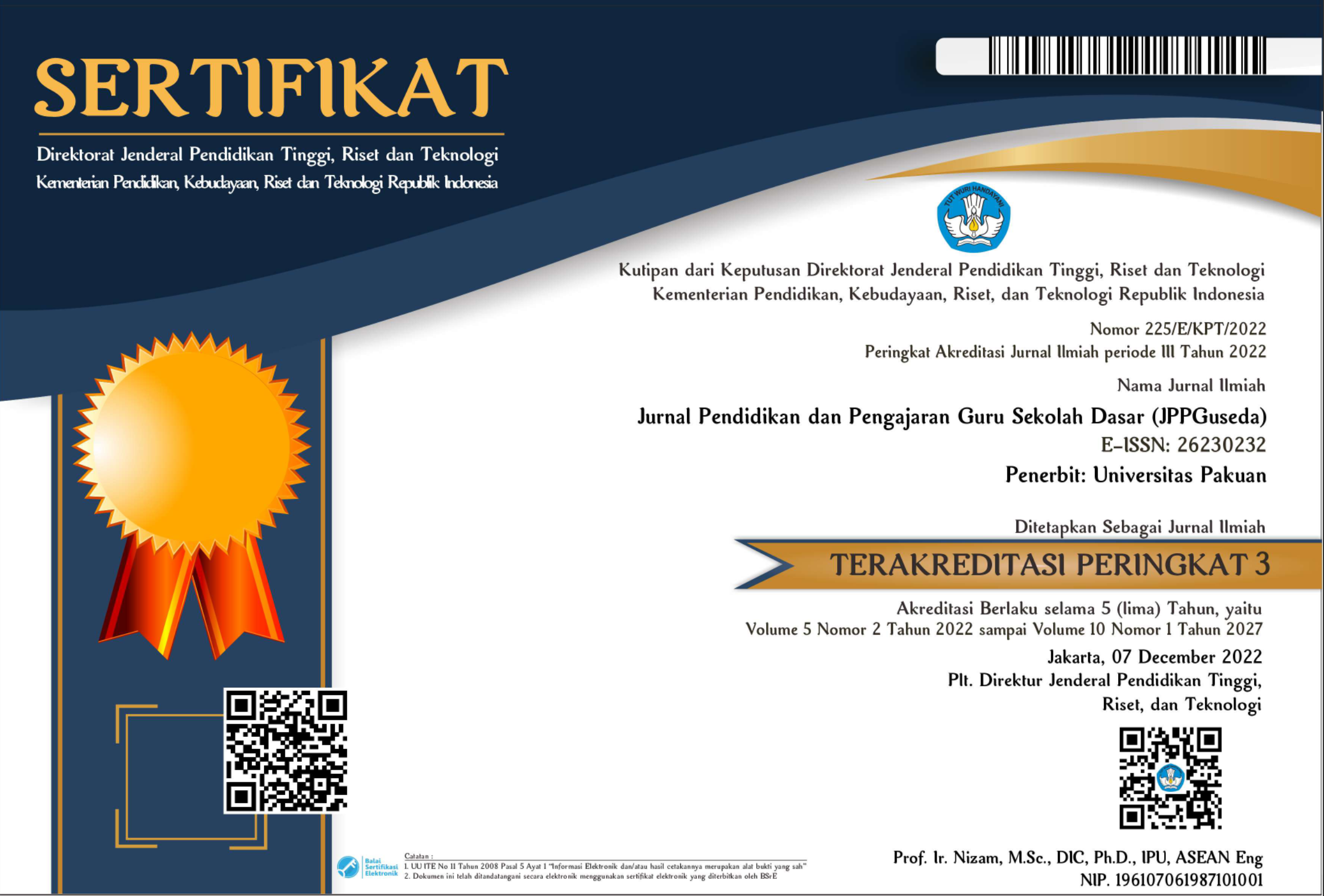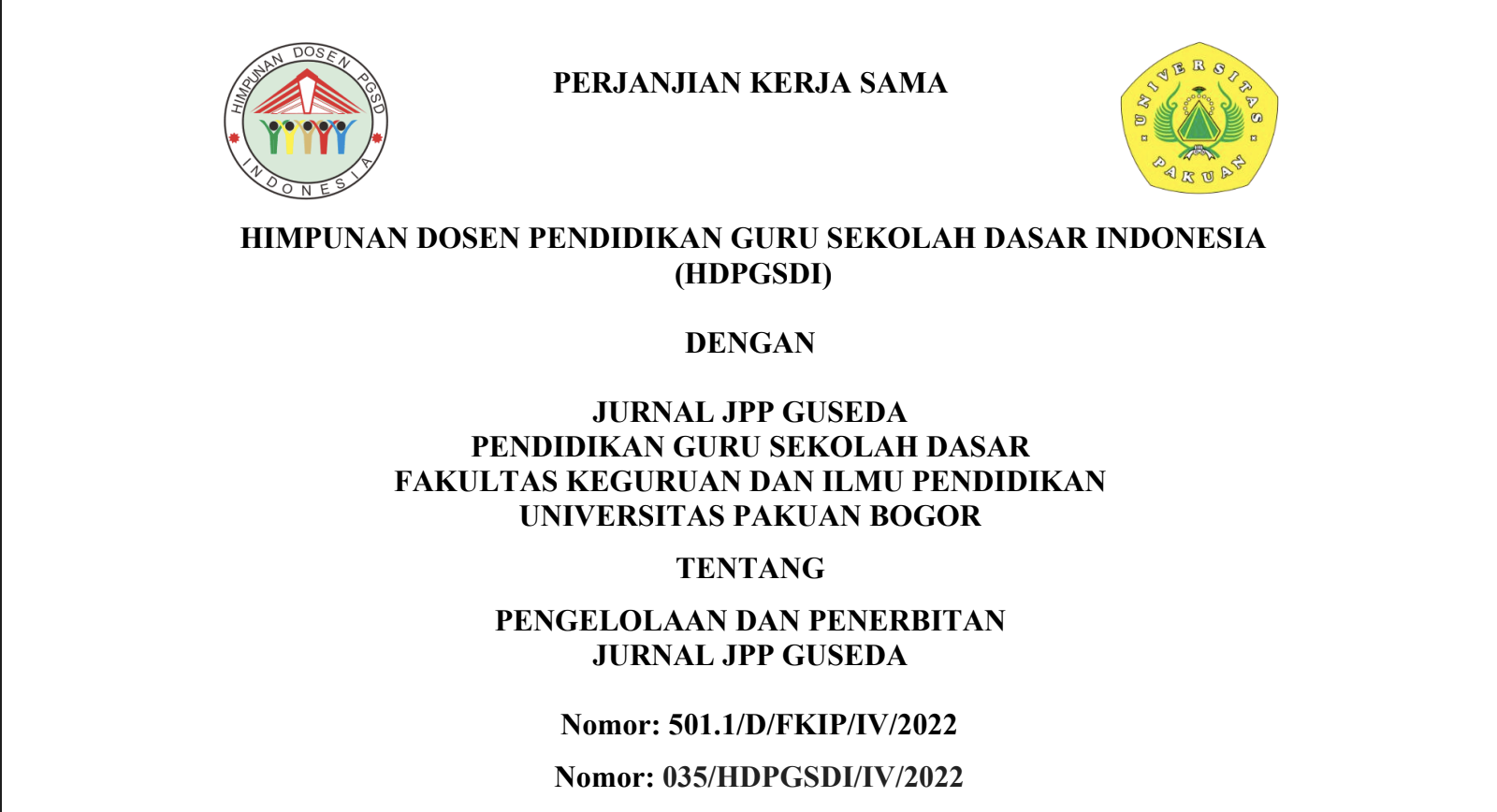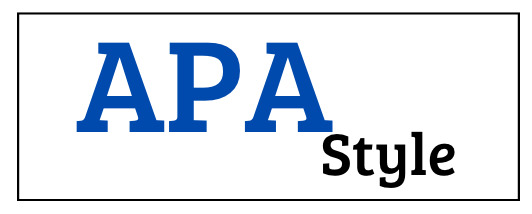- Home
- Vol 5, No 1 (2022)
- Suhendra
Discovery Learning Model Analysis In The Element Of Poetry Learning Plan
Dellia Kusuma Ningrum, Tri Mahajani, Stella Talitha, Suhendra
Abstract
Learning Implementation Plan is a guideline for teachers so that the learning process in the classroom can be better directed. The Learning Implementation Plan is developed in detail from a subject matter or theme. The learning model is one of the components contained in the Learning Implementation Plan. The learning model used can make the learning atmosphere more interesting and can motivate students in the learning process. In this paper, the researcher will analyze the discovery learning model in the Learning Implementation Plan for the elements of poetry-building class X MA Islamiyah Ciputat. This analysis was conducted to determine the suitability of the steps of the learning model of discovery learning in the Learning Implementation Plan of the elements of poetry builder class X MA Islamiyah Ciputat. The study was conducted at two meetings contained in the Learning Implementation Plan. The method used in this study is a qualitative method. The qualitative research method uses triangulation (combined) techniques to collect a data. Data collection in this study was done by reading in the section that was made the focus and subfocus of the study. The data part that is used as focus and subfocus is the steps of discovery learning model. The validity of the findings analysis data was carried out by three triangulators. The purpose of this study, researchers can describe the suitability of the steps of discovery learning model learning. The results obtained and have been verified by three triangulators that analysis of the steps of the discovery learning model contained in the Learning Implementation Plan are appropriate. There are 52 data that have been obtained. But after the data was found, there was no poetry writing activity at the two meetings. At meeting one and meeting two only analyzed the elements of the poetry and editorials used at the same meeting one and two only replaced with learning material that will take place.
Keywords
Discovery_learning_model, Learning_Implementation_Plan, poetry_building_elements, qualitative, and triangulator
References
Ahmadi, Abu dan Widodo Supriyono. 2004. Psikologi Belajar. Jakarta: Rineka Cipta.
Nurdin, Syafruddin dan Adriantoni. 2016. Kurikulum dan Pembelajaran. Cetakan ke-1. Jakarta: PT Raja Grafindo Persada.
Trianto. 2015. Mendesain Model Pembelajaran Inovatif, Progresif, dan Kontekstual. Jakarta: Kencana Prenada Media.
Putri, Alisa. 2018. Pengaruh Penerapan Model Pembelajaran Discovery Learning Terhadap Hasil Belajar Peserta Didik Kelas V SDâ€. Skripsi S1. Bandar Lampung: Universitas Lampung.
Putri, Ika Yuliana. 2019. Jenis-jenis Puisi. Klaten: PT Intan Pariwara.
Prihantari, Welly Desi. 2014. Keefektifan Pendekatan SAVI (Somatis, Audiotori, Visual, dan Intelektual) dalam Pembelajaran Menulis Kreatif Puisiâ€. Skripsi S1. Yogyakarta: FBS UNY.
Suherli, dkk. 2017. Buku Guru Bahasa Indonesia Kelas X. Cetakan ke-4. Jakarta: Kementerian Pendidikan dan Kebudayaan.
Sugiyono. 2018. Metode Penelitian Kuantitatif, Kualitatif, dan R&D.Cetakan ke-27. Bandung: Alfabeta.
Ulfah, Triani, dkk. 2019. Analisis Unsur Pembangun Puisi Pada Teks Puisi Sekolah Menengah Atas. Surakarta: FKIP UNS.
Suhendra. 2018. Pedoman Penulisan Proposal dan Skripsi. Bogor: Program Studi Pendidikan Bahasa dan Sastra Indonesia.
Saeful Rahmat, Pupu. 2009. Penelitian Kualitatif dalam Equilibrium. Vol. 5 No. 9. Januari-Juni 2009. hlm. 1-8.
Shoimin, Aris. 2014. 68 Model Pembelajaran Inovatif dalam Kurikulum 2013. Jakarta: Ar-Ruzz Media.
Dhelilik. 2019. Sintak Model Discovery Learning dalam Pembelajaran. Online (https://bertema.com/sintaks-model-discovery-learning. Diakses 1 Mei 2020).
Kosasih, E. 2018. Strategi Belajar dan Pembelajaran Implementasi Kurikulum 2013. Cetakan 4. Bandung: Yrama Widya.
Ankara, Alan. 2013. Model Pembelajaran Penemuan (Discovery Learning). Jakarta: Kementerian Pendidikan dan Kebudayaan.
Full Text:
PDF
DOI:
10.55215/jppguseda.v5i1.5039

Abstract views : 548

views : 393
Refbacks
- There are currently no refbacks.
Copyright (c) 2022 Jurnal Pendidikan dan Pengajaran Guru Sekolah Dasar (JPPGuseda)

This work is licensed under a
Creative Commons Attribution-NonCommercial 4.0 International License.
 Abstract views : 548
Abstract views : 548





















